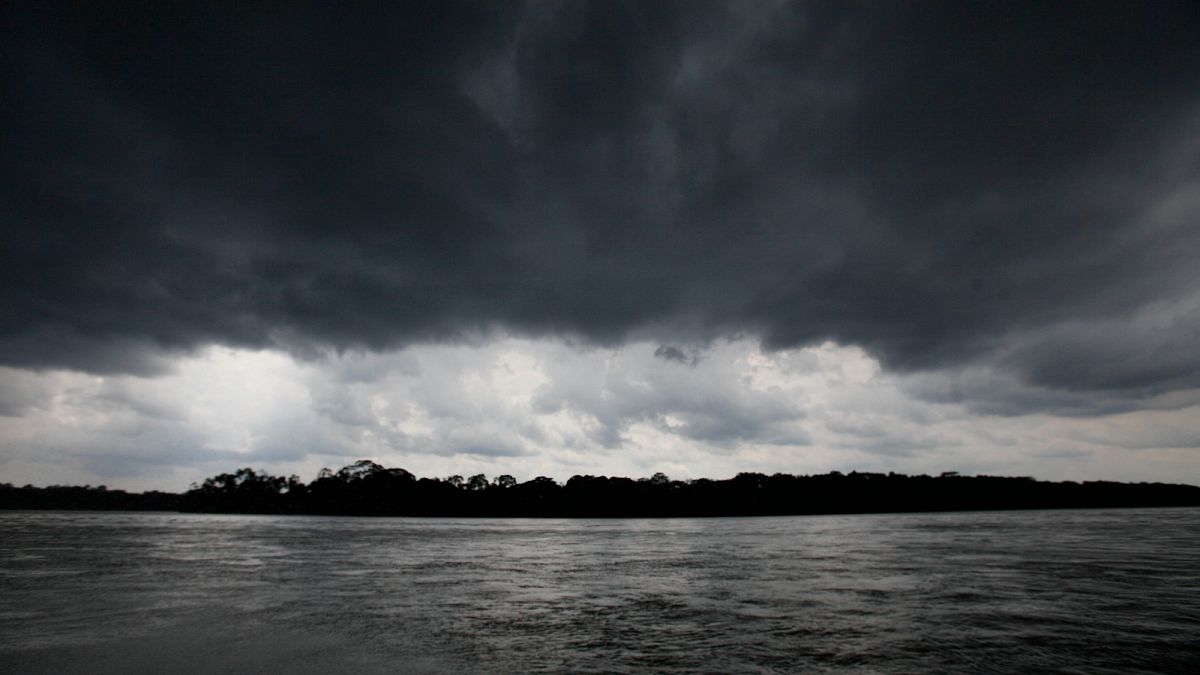

In a world that continuously faces environmental challenges, recent developments across several nations highlight the dynamic relationship between natural systems and legislative responses. From new conservation laws in Ecuador to intense firefighting efforts in Greece, and the somber reality of flooding in Pakistan, these events paint a complex picture of global endeavors to balance human activity with environmental preservation.
In Ecuador, a new piece of legislation has stirred debate and concern among environmentalists and community leaders. The law, recently approved, opens the door for private entities to participate in managing the country’s conservation zones. This move has been applauded by some as an innovative approach to resource management but criticized by others who fear it may lead to land grabs and enhanced environmental degradation. Despite these concerns, the Ecuadorian government remains optimistic about the potential for enhanced conservation outcomes through this public-private partnership model. It remains to be seen how this law will unfold in practice and whether it can be harmonized with the interests of local communities and ecological preservation.
Meanwhile, in Greece, firefighters have been working tirelessly to contain wildfires that erupted near Asprochori, close to Athens, and on the island of Thassos. These fires, which posed significant threats to both human lives and natural habitats, are now largely under control thanks to the coordinated efforts of emergency services and local volunteers. This response exemplifies the importance of preparedness and community involvement in tackling environmental crises. While the flames have been subdued, the situation serves as a reminder of the ongoing battle against climate-induced challenges and the need for comprehensive strategies to mitigate wildfire risks in the future.
In stark contrast to the successful containment efforts seen in Greece, Pakistan faces severe natural challenges of its own. Accelerated glacial melting combined with seasonal monsoon rains have triggered devastating floods across the northern regions of the country. This calamitous convergence of climatic events, spurred by record-breaking summer temperatures, has wrought havoc since late June, leading to the tragic loss of at least 72 lives and injuring over 130 individuals. The situation harkens back to echoes of the catastrophic flooding experienced in 2022, prompting fears of a repeat occurrence. Efforts are underway by the Pakistani government and international organizations to provide aid and develop long-term solutions for resilient water management. Still, the urgent need to address the root causes of climate change through global collaboration and action has never been more evident.
These three narratives—each unfolding in different parts of the globe—underscore a shared struggle: the challenge of managing the delicate interplay between human progress and environmental stewardship. As countries grapple with the immediate impacts of legislative decisions, natural disasters, and climate change, learning from one another and fostering cooperative strategies becomes essential. In such times, a mindful approach to environmental policies, guided by a spirit of innovation, cooperation, and ecological respect, promises a hopeful path forward.
Source: {link}
